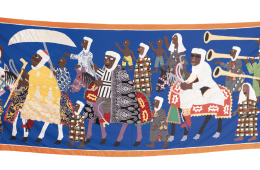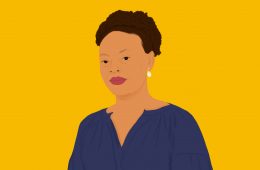Benin Today, Venice Tomorrow The Republic of Benin Will Debut at the 2024 Venice Biennale
The Republic of Benin announced that it will be debuting with a national pavilion at the 60th Venice Biennale in Italy, which will hold from 20 April–24 November 2024. The announcement makes Benin the latest addition to the global art event which has been running since 1895.




